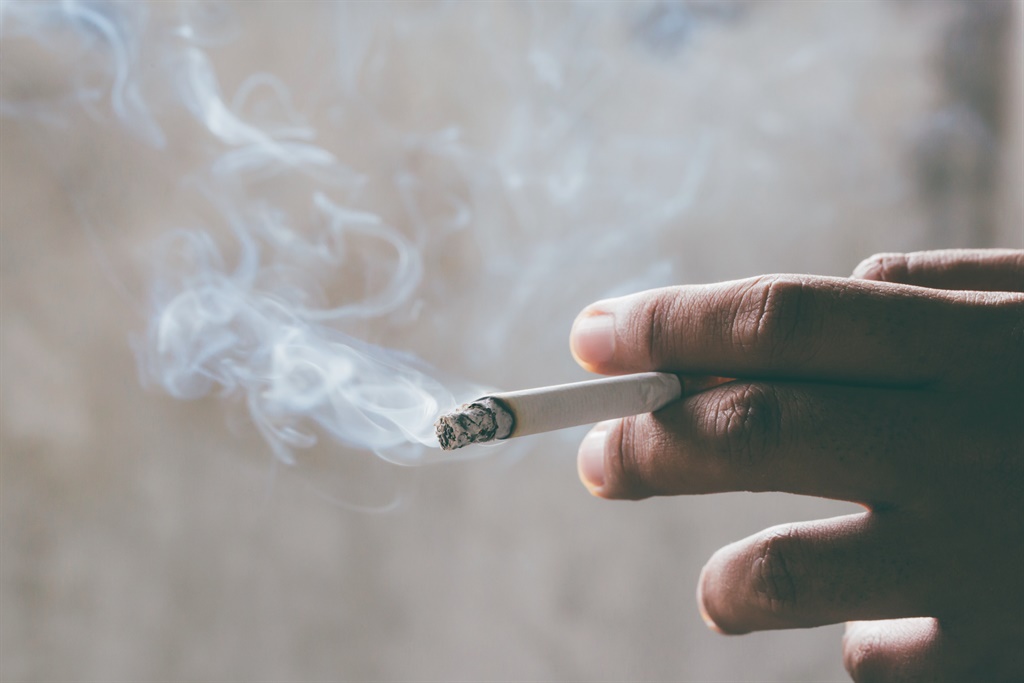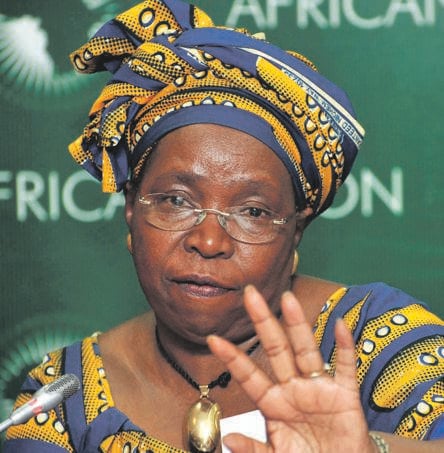


The association taking the government to court over the tobacco ban has accused it of inflating the number of people who supported the ban and using literature that does not show the link between cigarette smoking and the Covid-19 coronavirus.
The supplementary affidavit submitted by the Fair Trade Independent Tobacco Association (Fita) was in response to a 4 000-page submission by Nkosazana Dlamini-Zuma, the minister of cooperative governance and traditional affairs, explaining the rationale for the ban.
Dlamini-Zuma’s affidavit mentioned that there were 2 000 complaints against the permission of the sale of cigarettes.
However, according to Fita, only 1 897 submissions were made. From those, 66.7% had nothing to do with the ban.
Fita highlighted this discrepancy as a “lack of attention to detail, which was concerning”.
The organisation, through its online petition to lift the ban on the sale of cigarettes, had garnered the support of 60 000 people, which it believed was massive compared with the relatively small number supporting the ban.



Minister for Cooperative Governance and Traditional Affairs Nkosazana Dlamini-Zuma
It said a petition by Mzwandile Masina, Ekurhuleni mayor, in support of the decision, had gained the support of 30 343 citizens.
Fita argued that countries, such as the US and Italy, had not banned the sale of tobacco, which showed it was not a major factor.
“Covid-19 has affected millions of people and the impact has been experienced in nearly every country in the world. Only South Africa and Botswana have banned the sale of cigarettes.”
Fita said that Dlamini-Zuma, in her argument about the wellbeing of smokers, did not demonstrate any regard for their health.
The government’s submission earlier this week stated it had considered the effects of withdrawal on smokers’ health and said that, after the first three to five days of not smoking, regarded to be the hardest, smokers should be able to cope.
Read: Tobacco is banned to protect lives – Dlamini-Zuma
In the documents, Dlamini-Zuma said the concerns regarding withdrawal symptoms were outweighed by the harm caused by tobacco.
Fita named various organisations that had spoken out against the ban, including Agri SA and the SA Informal Traders’ Alliance, and the comments made by physician, scientist and activist Glenda Gray to show that there were many other credible organisations and individuals who were against the ban.
In Fita’s supporting documents, specialist psychiatrist Mike West described the regulation as “illogical and harmful. The regulation is based on low to very low-quality evidence for which the data are not wholly available and do not consider short-term harms associated with voluntary and involuntary smoking cessation.”
He said the state’s evidence did not consider recommendations as per the World Health Organisation in supporting smoking cessation to allow for the successful quitting by smokers.
“The respondent has essentially forced 8 million smokers into an unpleasant physical and psychological withdrawal syndrome without making any efforts to provide support, treatment or evidence-based behavioural interventions.”
However, according to Fita, only 1 897 submissions were made. From those, 66.7% had nothing to do with the ban. Fita highlighted this discrepancy as a “lack of attention to detail, which was concerning
The DA called for Dlamini-Zuma to be axed. “Minister Nkosazana Dlamini-Zuma lied to South Africans in her justification for the continued ban on the sale of cigarettes and other tobacco products. President [Cyril] Ramaphosa surely has no choice but to fire her from his Cabinet,” said DA interim leader John Steenhuisen.
Meanwhile, British American Tobacco SA is also heading to court again to challenge the government’s decision not to lift the tobacco ban under level 3 regulations.
It said on Friday that its effort to “constructively engage” with the government since the ban was introduced had failed.
The company said it made submissions on the matter, but had not received any response from the government.

